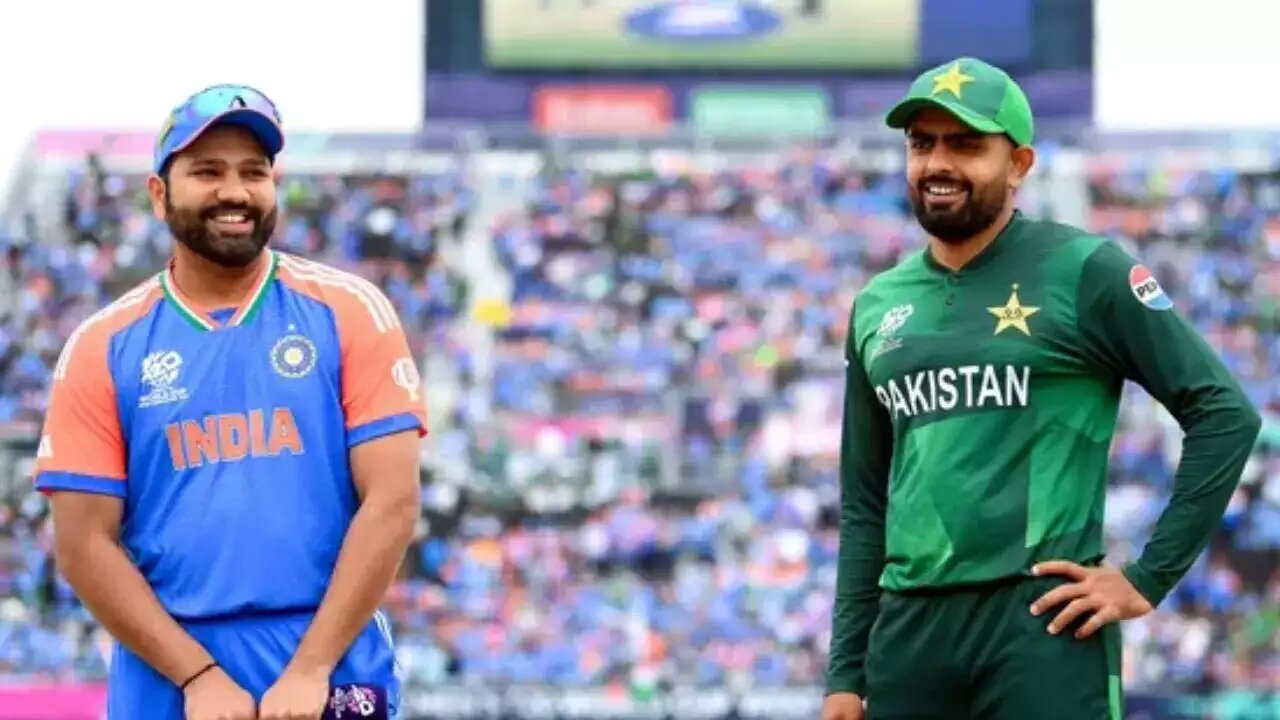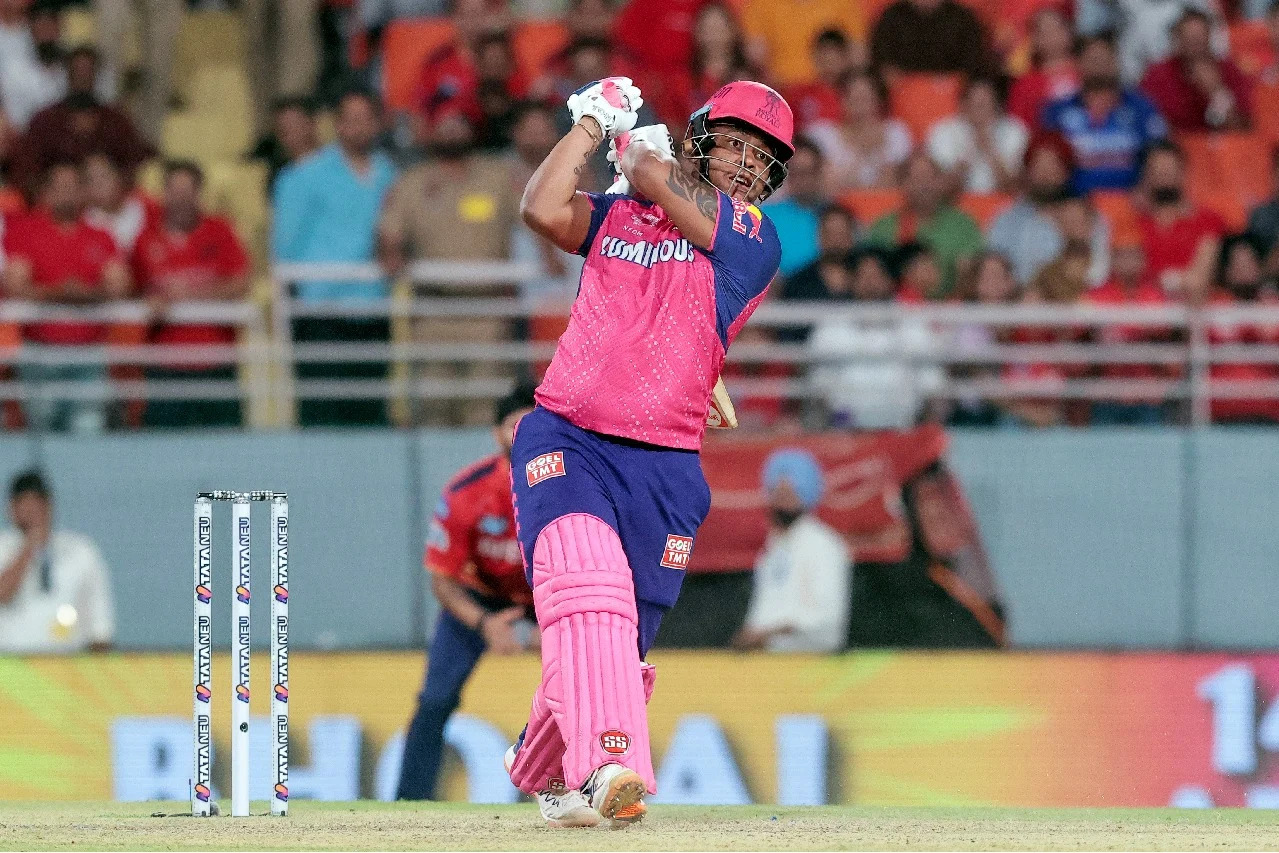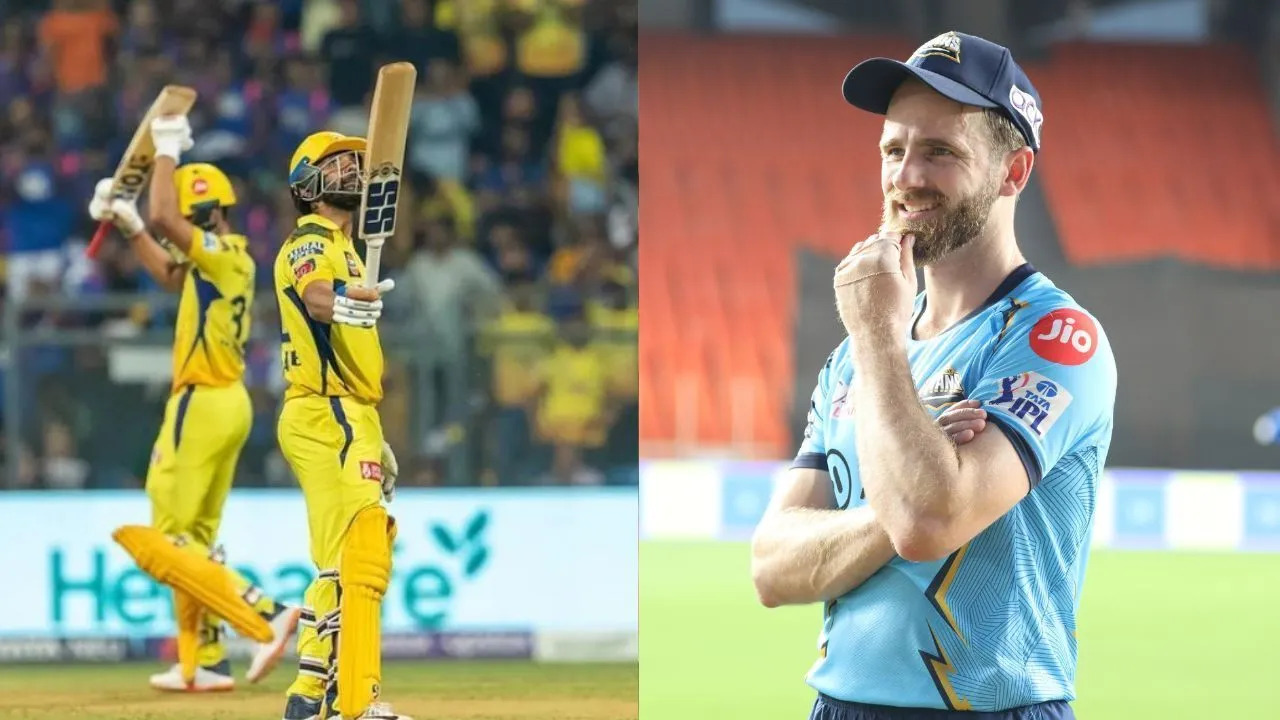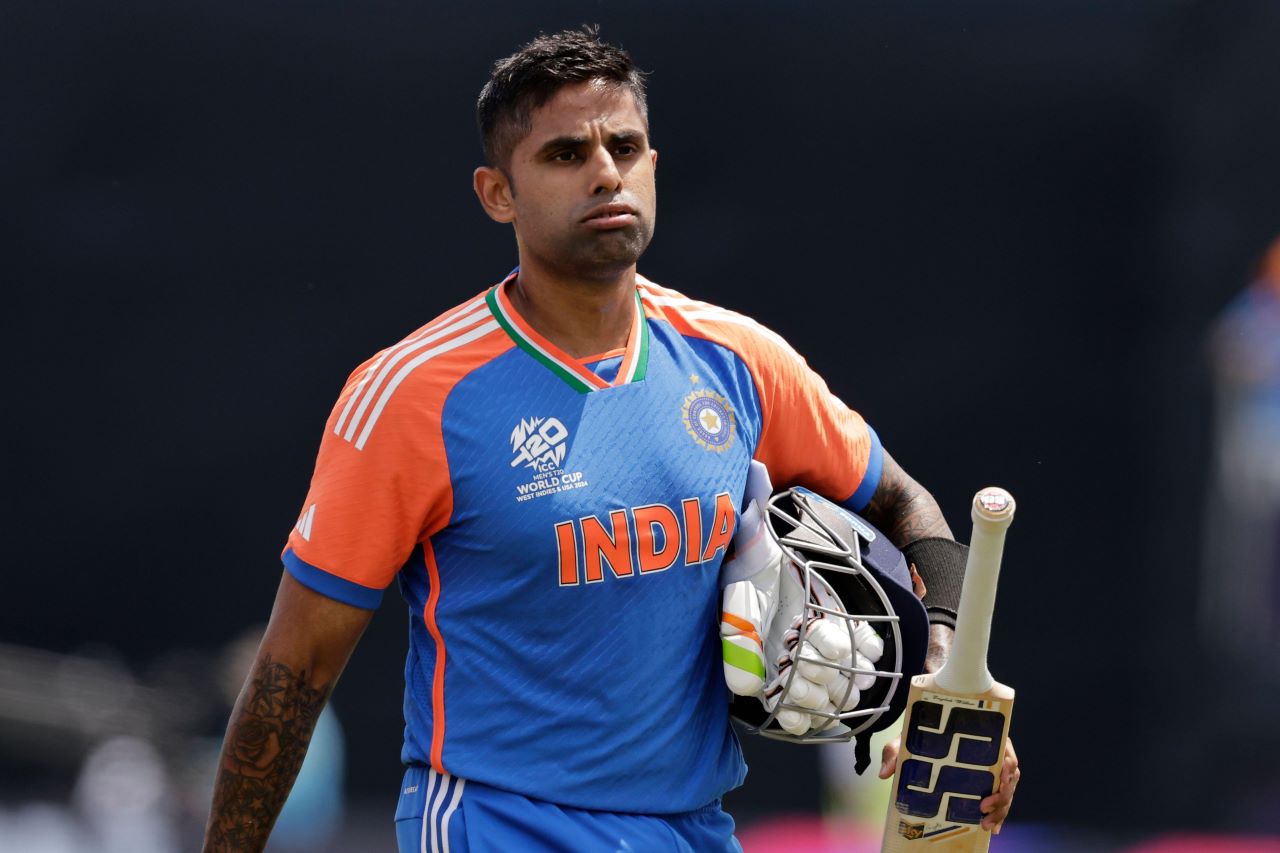Shahid Afridi, the former captain of Pakistan, who had previously discussed Babar after Pakistan was eliminated, returned to the subject with more nuance and weight. In his remarks, Afridi underlined the vital role that leadership plays in cricket and how a captain’s demeanour affects the squad as a whole. Afridi drew parallels between Rohit Sharma of India and his winning squad during the ninth T20 World Cup, highlighting Rohit’s confident batting approach and on-field manner. He said that Rohit’s aggressive style gave the batting lineup confidence and made them ready to face obstacles head-on with resiliency and commitment.
The Pakistani team has had a turbulent few weeks, especially considering how they performed at the 2024 T20 World Cup. Despite wins against Canada and Ireland in their final two matches, early defeats to co-hosts the USA and fierce rivals India sealed their fate in a group where progression to the Super 8s was expected. If their dismissal seemed harsh, it was made worse by Babar having a poor season as both captain and hitter. His strike rate of 101.66, which allowed him to score 122 runs off 120 deliveries over four innings, was much below expectations, and his small fielding errors proved costly.
Also read: T20 World Cup 2024: Harsha Bhogle’s tournament squad includes Rohit Sharma and Jasprit Bumrah
“You see, a leader’s duty is always crucial. The leader’s body language influences the team’s body language. The one in charge must lead by example. Use Rohit Sharma as an illustration. Afridi, cited by Hindustan Times, said, “Now, look at his (Rohit’s) game and his style of playing; the lower-order batsmen who come in are all confident because the captain likes to play aggressive and attacking cricket.”
The true problem with our cricket is at the grassroots level: Shahid Afridi
Potential changes to the Pakistan Cricket Board were a topic of increasing discussion, especially with relation to personnel adjustments and the redefining of important figures’ responsibilities. Afridi was unsure about the PCB’s future plans in detail, but he was looking forward to any changes that might come. He underlined that real reforms, not simply cosmetic changes, are what are needed. Afridi also called attention to the general state of talent development at the local level and argued for more funding to create talented athletes who can go on to have more success in the future.
“I have always supported the team and will continue to do so, but I am unsure of what the PCB chairman has in mind at this time. I am also waiting to see what changes will be done. I’m waiting to know what these modifications entail as well. A wise choice must be taken, and significant adjustments must be made. The true problem with our cricket is at the local level. Good players will develop if we invest in the grassroots level of our product, which is weak,” the 47-year-old continued.











 Win Projections to be updated soon
Win Projections to be updated soon














